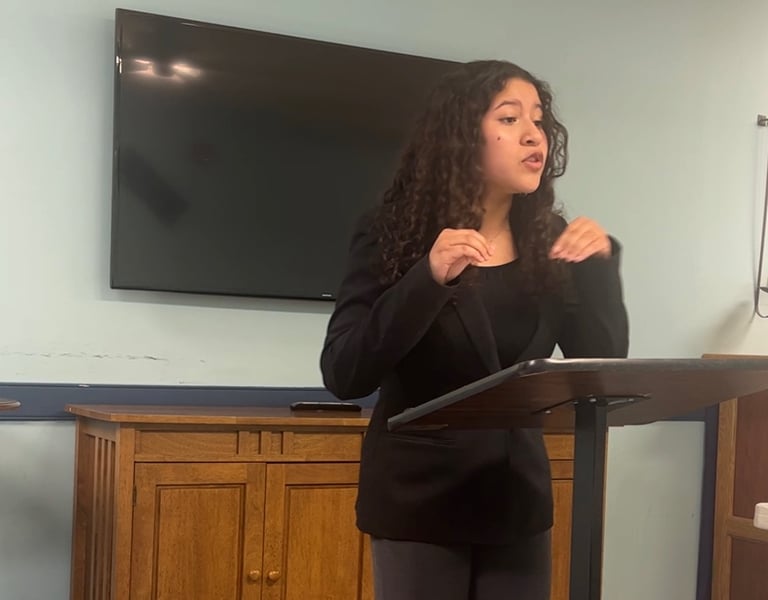Lincoln Douglas Debate


Lincoln-Douglas (LD) debate is a one-on-one format that emphasizes values and ethics over policy. Here's an overview of how it works and the rules that typically apply.
Resolution: Each round centers around a resolution, which is a statement that debaters must affirm or negate. Resolutions often involve moral or philosophical issues.
Key Rules and Guidelines
Time Limits: Each speech has a designated time limit, and debaters must adhere to these limits. Time management is crucial.
Contentions: Debaters present arguments (contentions) supporting their position, which may include definitions, value frameworks, and evidence.
Cross-Examination: After each constructive speech, the opposing debater has a chance to ask questions. This is an opportunity to clarify arguments and challenge points made.
Framework: The affirmative often presents a value framework that guides the debate, while the negative may challenge or counter this framework.
Evidence and Sources: Debaters should support their arguments with evidence, including statistics, quotes, and examples. Proper citation of sources is encouraged.
Flowing: Debaters often use a flowing method to keep track of arguments presented during the debate. This helps in organizing responses and rebuttals.
Judging Criteria: Judges evaluate rounds based on the persuasiveness of arguments, clarity, organization, and adherence to the rules. The ability to respond to the opponent's arguments is also Important.
Ethical Considerations: LD debate emphasizes ethical reasoning. Debaters should strive for respectful discourse and avoiding personal attacks.
Tips for Success
Research: Understand the resolution deeply and collect evidence from various perspectives.
Practice: To get better speaking and argument, take part in simulated debates to improve.
Adaptability: Be prepared to think on your feet and respond to unexpected arguments.
Clarity: Ensure your arguments are clear and logically structured.


